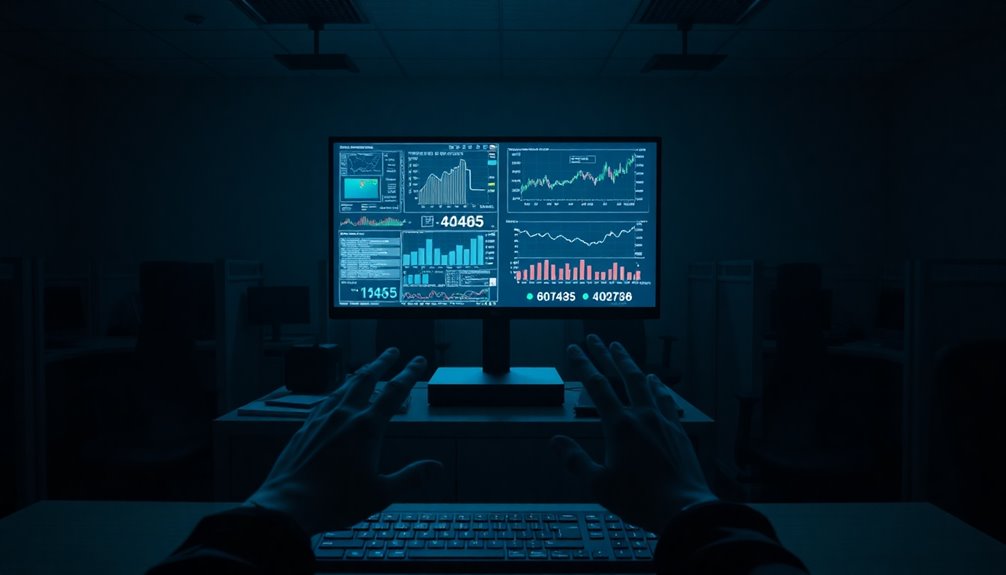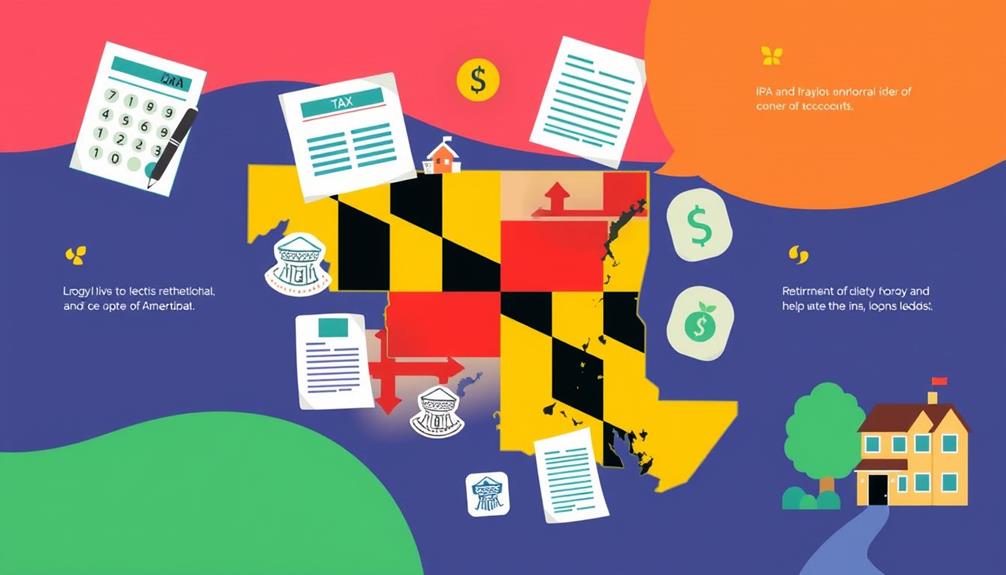You might think your job is secure, but AI is quietly reshaping your work environment. From automating repetitive tasks to enhancing decision-making processes, it's changing the way you operate daily. As these technologies advance, the question arises: how safe is your role in this evolving landscape? Understanding the impact of AI on your workplace is crucial, and the implications for your career could be more significant than you realize.

Is your job safe in the age of AI? This question weighs heavily on the minds of many as AI technology continues to advance rapidly and integrate into various industries. Recent statistics reveal that around 300 million jobs worldwide are potentially replaceable by AI, which amounts to about 9.1% of all jobs globally. In the U.S., 16% of jobs are likely to be replaced by AI and machine learning in just the next five years.
With predictions suggesting that up to 30% of jobs worldwide could be automated by 2030, it's clear that the landscape of employment is shifting dramatically. 40% of jobs worldwide are exposed to AI, highlighting the urgent need for workers to adapt.
In particular, certain sectors are feeling the brunt of this change. In manufacturing, for instance, automated tools are expected to replace around two million jobs by 2025. The tech sector has already experienced significant job losses, with AI playing a central role in transforming how companies operate.
Customer service is another area where AI is taking center stage; projections indicate that 19 out of 20 customer interactions will be AI-assisted by 2025. While healthcare and finance are incorporating AI, they're less likely to become fully automated, allowing some job security in those fields.
However, the rise of AI isn't without its risks and challenges. Using AI tools in the workplace can lead to unauthorized data disclosure, raising concerns about privacy and security. Moreover, a lack of ownership over AI-generated content can result in legal complications.
Issues like plagiarism and copyright infringement are also potential pitfalls. When AI delivers incorrect information, the stakes become even higher, leading to operational errors that could impact your job directly.
Despite these concerns, there are ways to mitigate the risks. Training employees on AI usage and implementing policies is crucial for safe integration. Establishing quality control measures can further reduce AI-related errors.
For you, developing new skills will be essential to adapt to these AI-driven changes. On a positive note, the rise of AI also creates new job opportunities in AI development and oversight.









